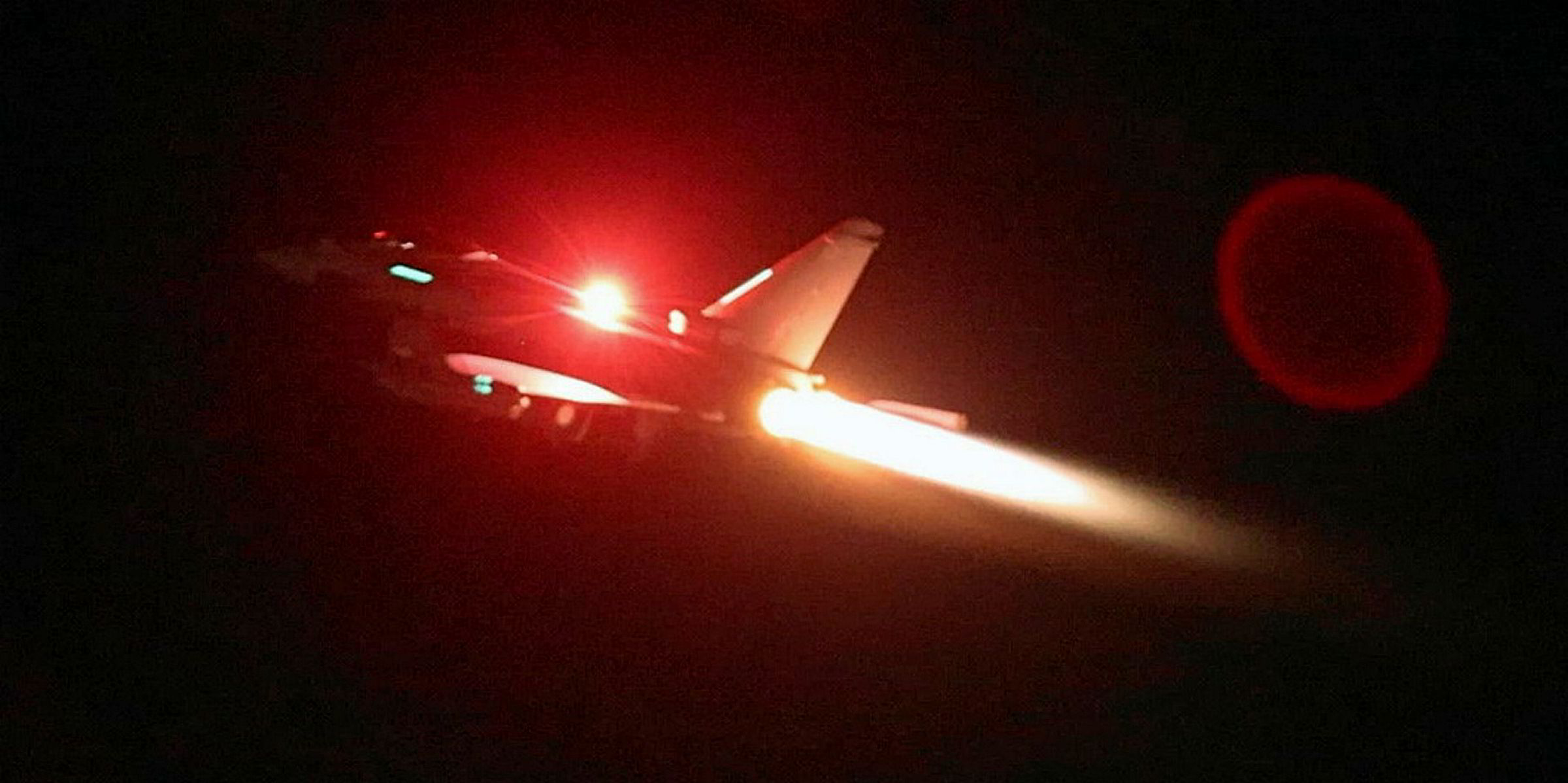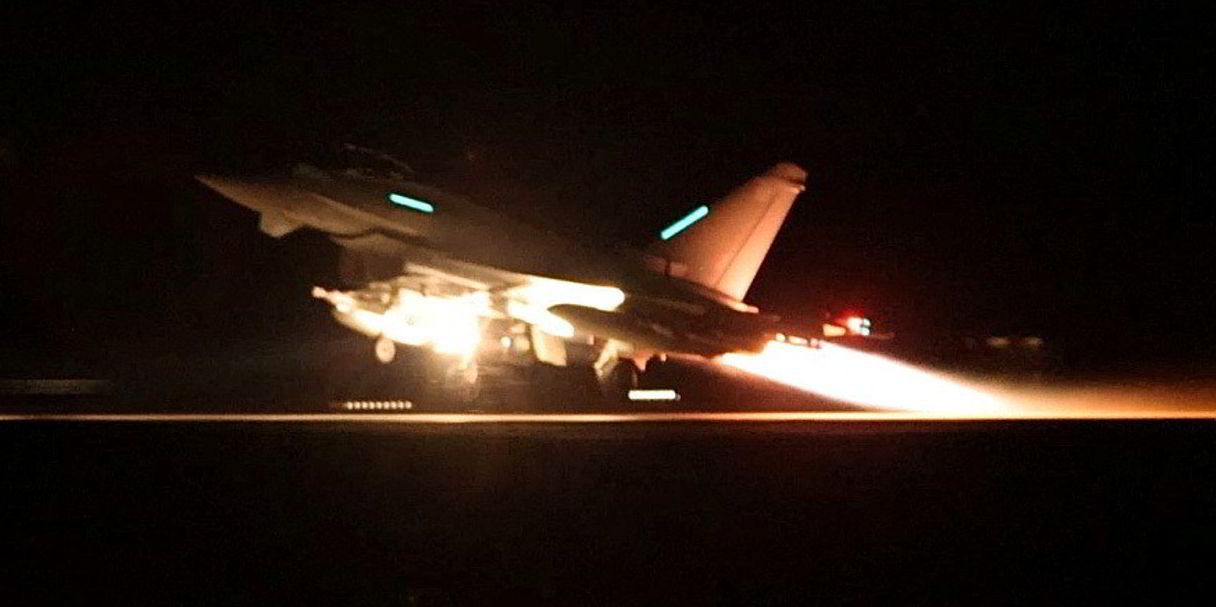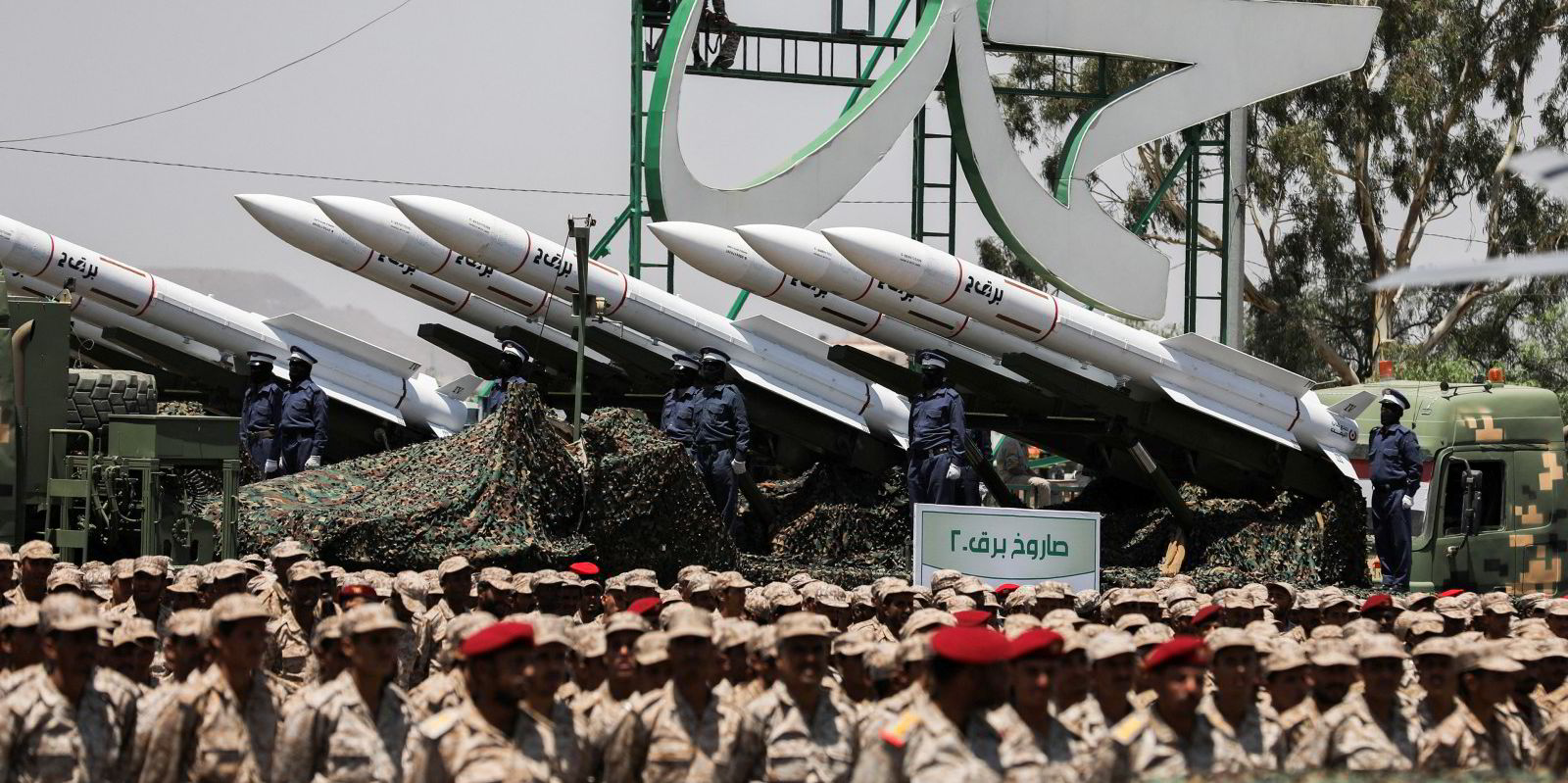A missile has struck a vessel owned by Eagle Bulk Shipping as the white-hot tension in the Red Sea escalated further on Monday.
A fire has broken out on board the ship following the attack, which comes just days after US and UK airstrikes against Yemen’s Houthi rebels turned up the temperature on a conflict that has been simmering in the critical trade lane for two months.
The incident is the first in the present conflict involving a vessel owned by a US company and comes at a time when Stamford-headquartered Eagle Bulk is in the midst of a takeover by Star Bulk Carriers.
UK authorities and maritime security sources reported an attack on a commercial vessel underway off Yemen on Monday, suggesting that Western airstrikes against the Houthi have not reduced their capacity or will to harm commercial shipping.
According to the UK Maritime Trade Operations, a vessel sailing 95 nautical miles (176 km) south-east of Aden was hit by a missile.
A maritime security source said the crew are safe, but fire damage was caused to a compartment in its hold.
Multiple sources have identified the ship as Eagle Bulk’s 63,600-dwt ultramax Gibraltar Eagle (built 2015), which appears to have been underway from South Korea to the US with a steel cargo.
An anti-ship ballistic missile caused fire damage to a compartment in the hold but the vessel remained seaworthy without suffering more serious damage or casualties.
“The ship has reported no injuries or significant damage and is continuing its journey,” US Central Command (Centcom) said on X.
Eagle Bulk managers did not immediately respond to a request for comment.
The hit against a ship of Eagle Bulk, a company based and listed in the US, is in line with previous Houthi threats to retaliate against maritime assets based in nations whose governments take military action against them.
The US and the UK began raining down bombs and missiles on Houthi-controlled parts of Yemen last week to prevent the group from disrupting freedom of navigation off Yemen’s coasts in the Red Sea and the Gulf of Aden.
The Houthis claim to be attacking only ships affiliated with Israeli interests and trade, in solidarity with the Palestinian Hamas group that is fighting the Israelis in Gaza.
The Houthis began their attacks on 19 November, hijacking Ray Car Carriers’ 5,100-ceu Galaxy Leader (built 2002), which is still in their power, and have carried out nearly 30 other drone or missile strikes since.
Most of these attacks occurred in the southern part of the Red Sea, which is in closer range to the west of Houthi-controlled ports and missile launching pads such as Hodeidah.
Since the airstrikes in the early morning hours of 12 January, however, the Houthis seem to have switched the focus of their attacks to the Gulf of Aden, in waters south of Yemen and beyond territory they do not control.
The 108,900-dwt LR2 product carrier Khalissa (built 2009), which was attacked by a missile but not hit later on 12 January, was underway in the same waters as the Gibraltar Eagle, 90 miles south-east of Aden.
Not that the Houthis remained inactive in the Red Sea.
On Sunday, they fired a missile towards the destroyer USS Laboon. The projectile, however, did not hit its target, as it was shot down by a US fighter.
The Houthis followed up on Monday by firing an anti-ship ballistic missile over the Red Sea, Centcom said.
“That missile … failed in flight and impacted on land in Yemen” without causing injury or damage, according to the US military.
Eagle Bulk bought the Gibraltar Eagle in December 2022 for $24.3m from US Bank Equipment Finance. It was built at Chengxi Shipyard in China.
The Gibraltar Eagle is one of 52 vessels that will be heading to the fleet of Star Bulk Carriers of Greece if the all-stock $500m takeover is completed as expected.
The two New York-listed companies announced the combination last month, touting creation of a dry bulk giant with 169 vessels and a $2.1bn market capitalisation.
Both companies were early adopters of exhaust-gas scrubbers, but the Gibraltar Eagle happens to be one of only a few Eagle ships not equipped with the devices.
Joe Brady contributed to this article







